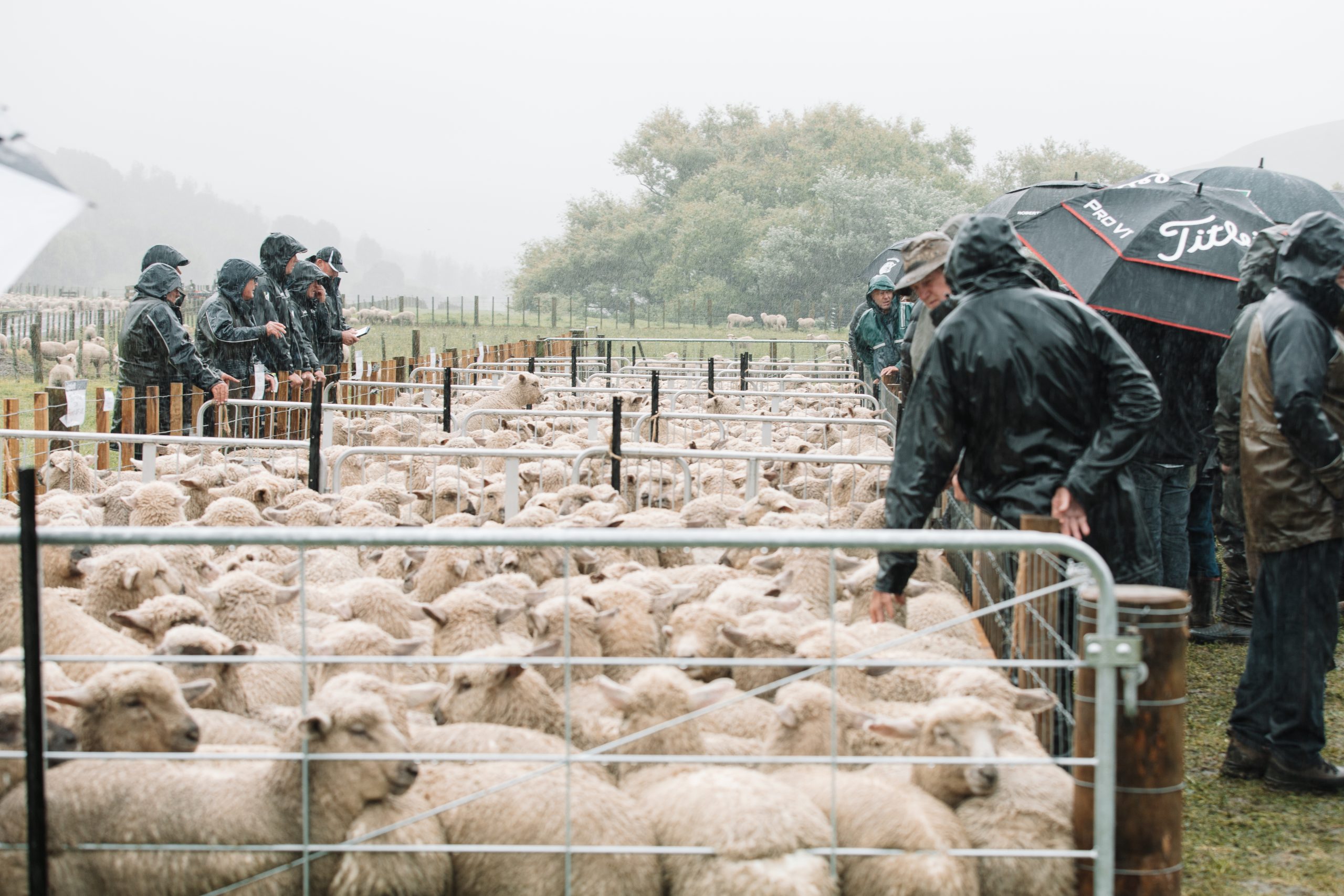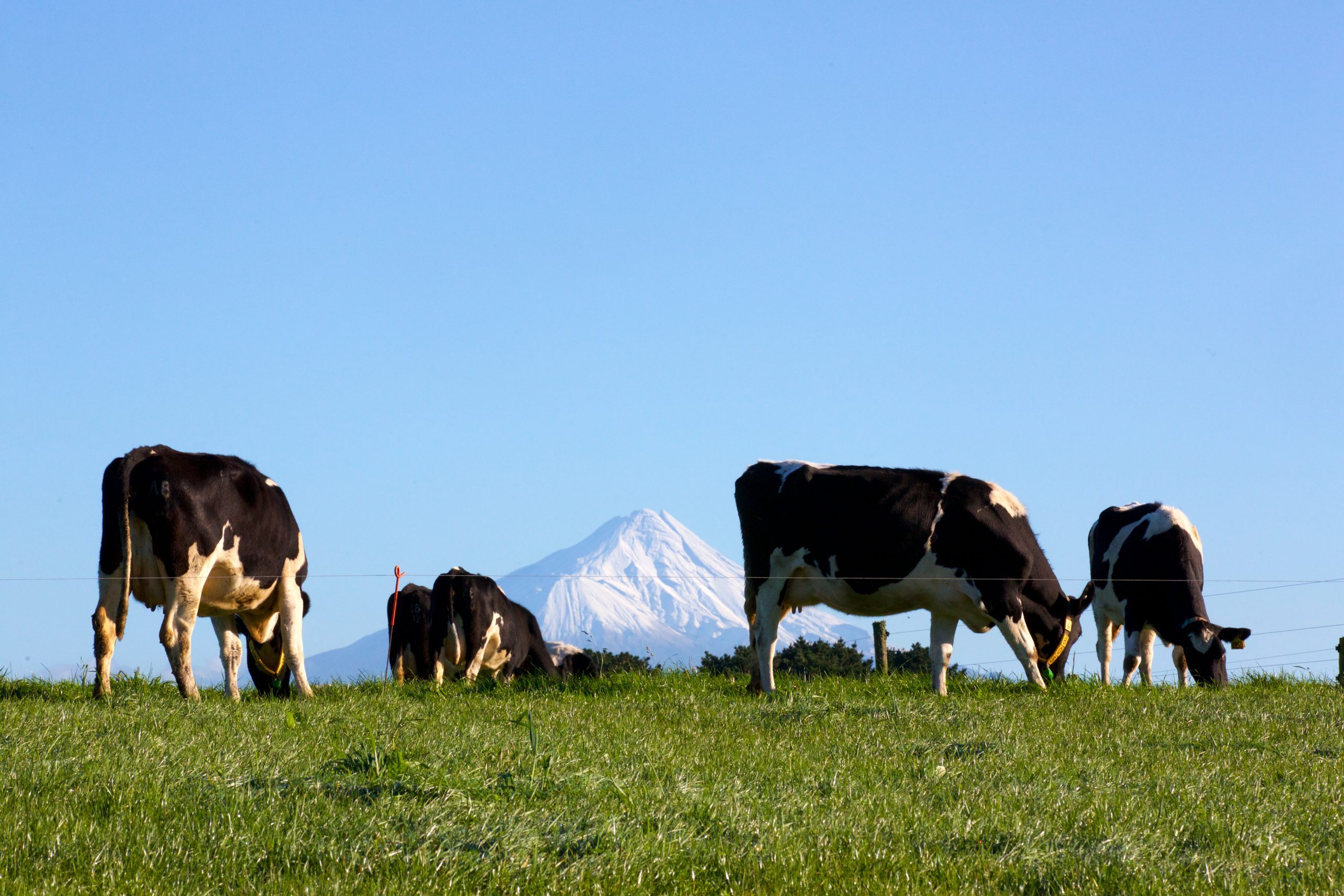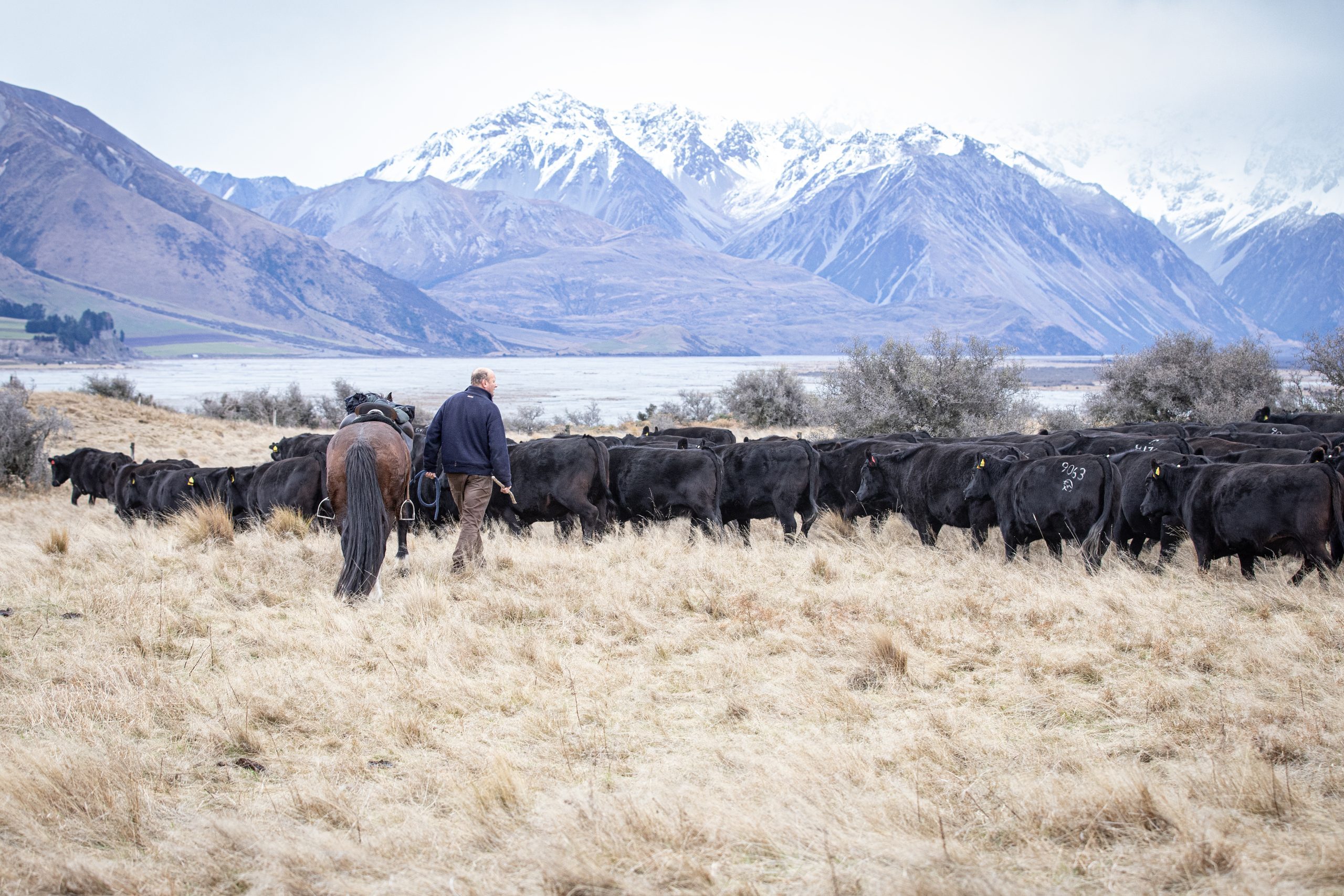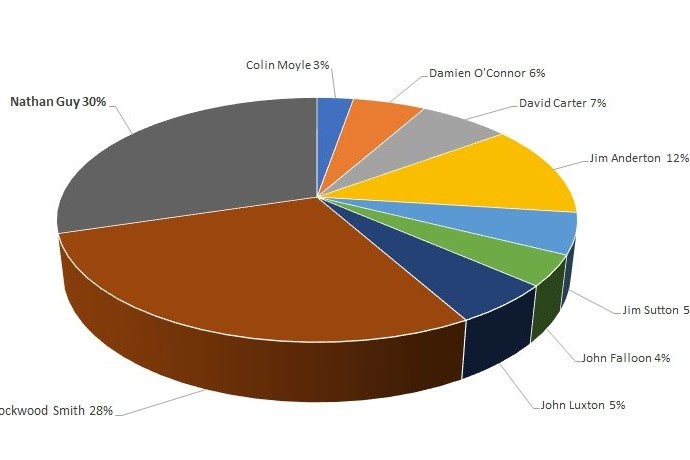Don’t accept the status quo
Banks and supermarkets should be called out for hypocrisy. They demand sustainable practices from farmers and egg producers, but don’t adhere to them themselves.
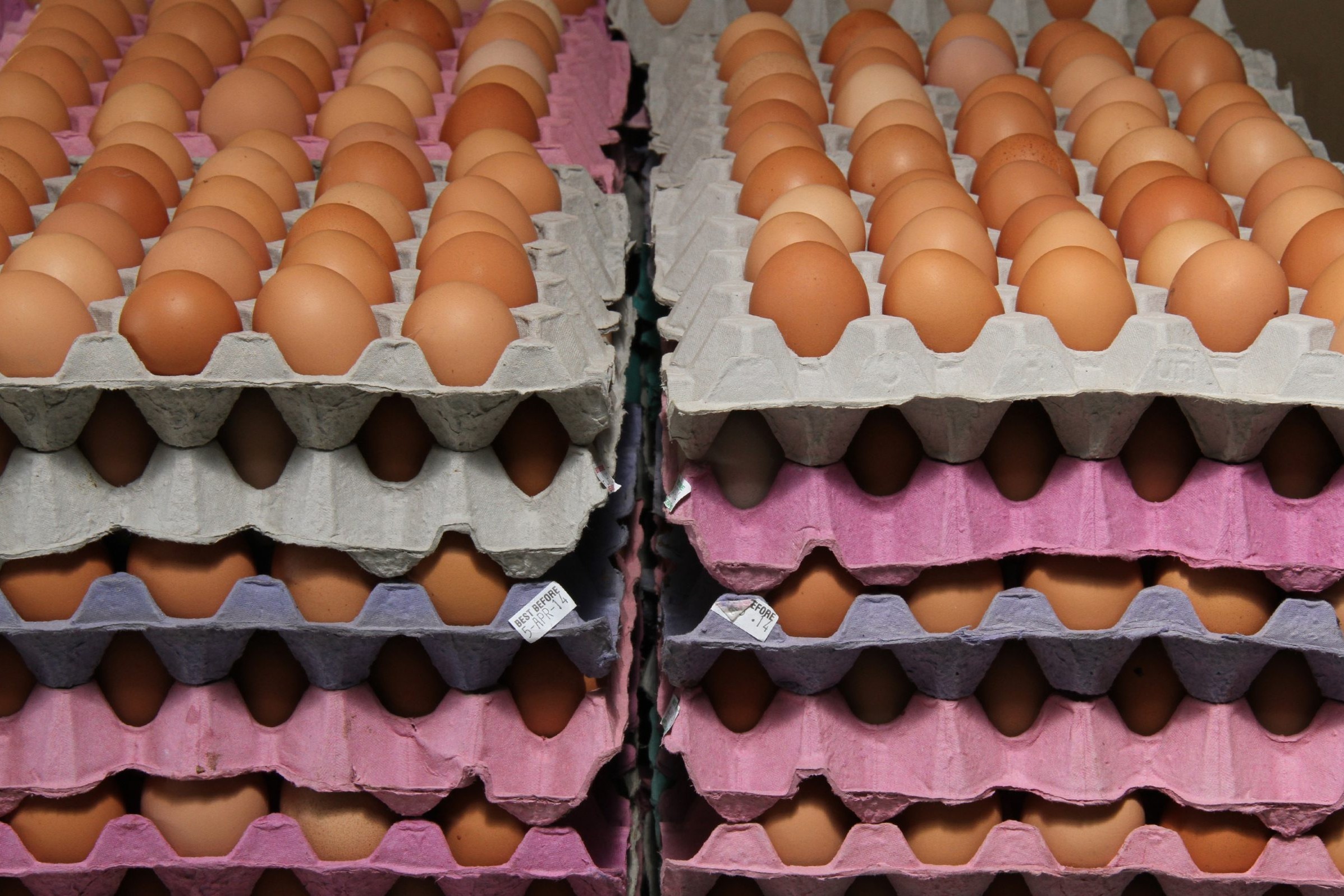

BANKS AND SUPERMARKETS SHOULD be called out for hypocrisy. They demand sustainable practices from farmers and egg producers, but don’t adhere to them themselves. When I started going to sustainable farming conferences (talkfests) in the 1990s, sustainability was compared to a stool with three legs: economic, environment and social.
Farmers have always fitted that definition nicely as they care for their land, make money from it without destroying it, and build strong communities. They need all three legs to survive.
Supermarkets have jumped on the sustainable bandwagon claiming to be focused on the environment, but what about the economic and social legs? They will obviously focus on making sure their operations are economic but don’t seem to worry about the impact on their suppliers.
It is hypocritical to demand perceived sustainable practices from producers when some supermarkets have replaced serviced delis for plastic-laden pre-packaged products.
The now banned cage eggs and the supermarket ban on colony eggs from 2025, selling only barn and free range, is not sustainable for everyone in the supply chain. The egg shortage has proven this. Anyway, what’s so good about free range eggs? I don’t buy them because of the cost and we don’t know where they have been.
Will egg producers fight back as small-town businesses are doing against bank charges?
Businesses in small rural towns and urban areas are refusing to swallow banks’ credit card charges. The business owners are passing the surcharge on to customers but encourage them to use eftpos or other non-credit-card ways of paying. One garage owner told me the charge cost them $11,000/month and they are working off tight margins. The credit card charge was on top of their other banking costs.
Banks and supermarkets say customers want low carbon emission food, but do they? Are consumers demanding this or is it just a marketing ploy and farmers have to pay for unnecessary compliance and cost?
In a cost of living crisis, most people will buy food based on price, not anthropomorphism and ideology.
A British buyer for a major supermarket said recently the push for low carbon emission food was supermarket, not consumer, led.
Is the credit card charge revolt a lesson for farmers? Start challenging unfair charges and taxes. Don’t accept the status quo whether it is business or politics.


